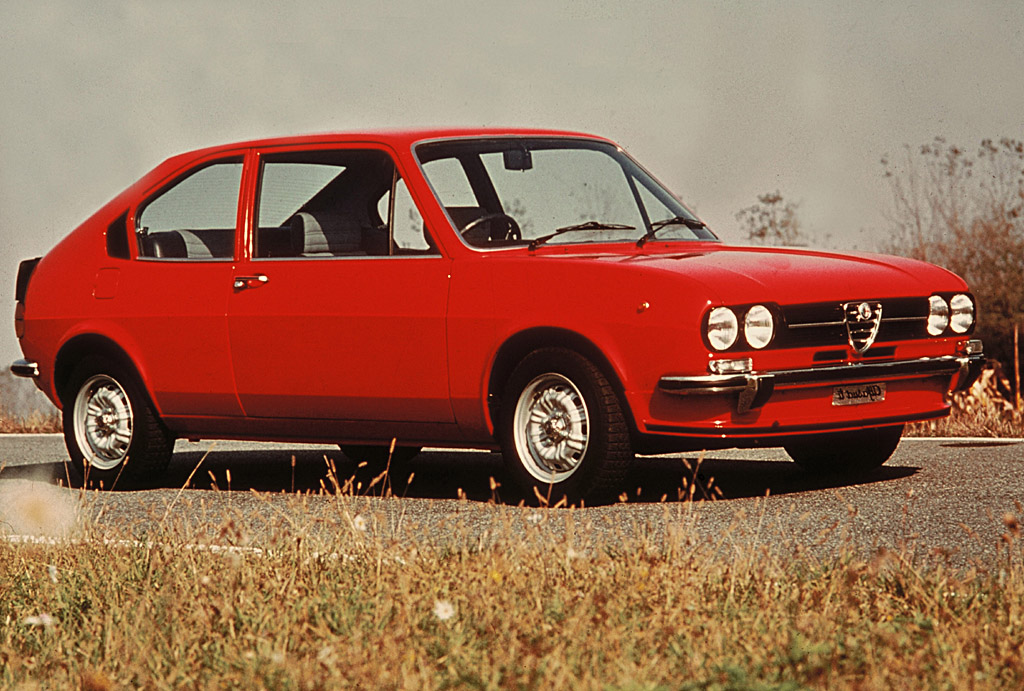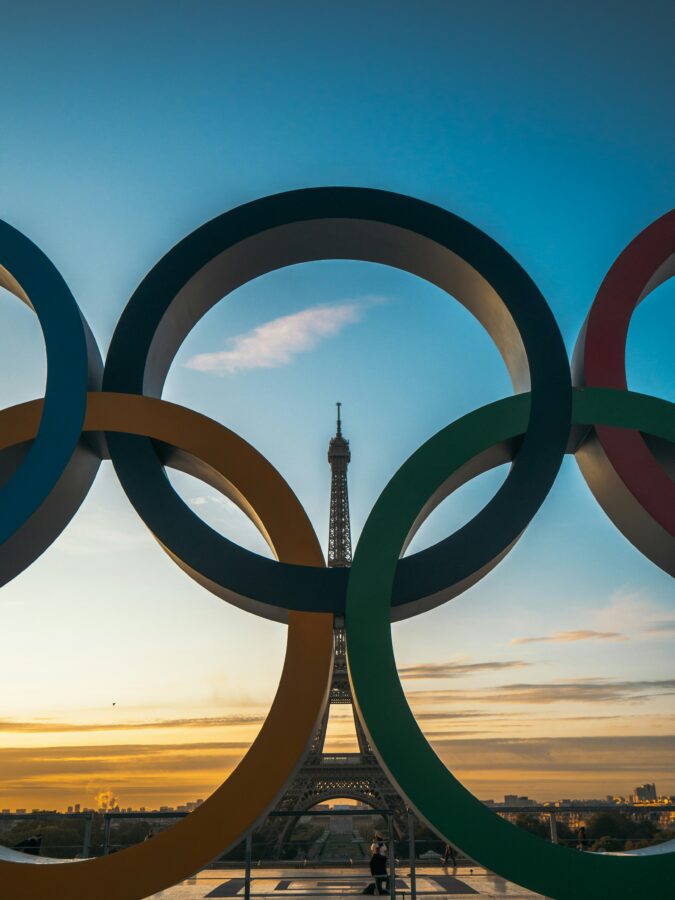There is no denying it – we live in a very different media landscape to the one I grew up in as a teenager a decade ago. Everything is social, everything is online and media consumption is no longer dictated by television schedules.
The current teenager wants everything now and they want control over not only when they get it, but where they watch it, how they watch it and sometimes even what happens in the content.
This has all had a significant impact on general media consumption, aided by the introduction of catch-up TV, online-only channels and the emergence of the “YouTuber”, a group of people who are now among the most powerful content producers around.
But as our viewing habits change, what effect does this have on sport?
Sport is one of the few remaining events on TV that we watch live. Our research into ‘The Future of the Sports Fan’ shows sport is still a huge part of people’s daily lives and it is seen to be more likely than politics or religion to inspire positive change.
However with fans’ changing media consumption habits, it’s clear that sport will also have to change. Our research showed that just over a fifth of UK sports fans are bored with traditional sports. Two-thirds say that “sports should change the rules to keep up with society”.
So how do sports adapt to keep themselves relevant in this brave new world?
1. Cricket T20
Back in 2003, the ECB introduced the radical and divisive new short-form of the game – T20. This was seen by traditionalists as an attack on the sacred format of Test cricket and an insult to the game.
But, it has proved a huge success, attracting a whole new set of fans to the game and proving an incredibly lucrative new asset to cricket rights holders. Back in 2013 PepsiCo signed a five season deal to sponsor the IPL for $72 million dollars. Lucrative indeed! (They have since dropped their sponsorship two years early, due to a corruption scandal within the sport).
2. Sprint6 Golf
Keith Pelley, the CEO of the European PGA Golf Tour, earlier this year announced that 2017 will see a short form version of the game trialled on the European Tour – likely to be over six holes and taking no longer than an hour and a half. This represents a significant move away from the traditional four day golf format. But it’s a change that he sees as necessary to keep the game of golf relevant in 2017 – no matter what the purists think.
3. The Coral Shoot Out
Similarly, snooker has drastically moved away from the traditional form of the game, with “The Coral Shoot Out” – a one-frame knock-out tournament. It has secured a three year broadcast deal with ITV 4 and has just been accepted as an official ranking event for 2017.
4. Formula E Fan Boost
Probably the most drastic development of recent years has happened in Formula E, whereby fans can have a direct input into the outcome of a race through the “fan boost” function. This allows fans to vote for their favourite drivers during a race and three most “popular” drivers receive a temporary boost in power.
Formula E has shown incredible bravery and foresight to tap into the fan desire to have a direct impact on the action in live time. And it’s working – not only is it exciting for fans to impact the action live, it also encourages the drivers themselves to be more interesting characters.
If drivers want to receive the fan boost, they have to make the fans warm to them. This applies as much off the track as it does on it. They must be engaging, entertaining and relevant to fans – where Lewis Hamilton is often vilified in Formula 1 by purists who say his Snapchat antics are disrespectful and rude, he would be celebrated in Formula E and would no doubt be on the receiving end of the fan boosts during the race.
The Future
Professional sport is at an important juncture – it must try and become relevant to the YouTube generation while not alienating its core fanbase.
Shortened formats of traditional sports are proving popular and they can provide lucrative opportunities for Governing bodies – attractive properties for sponsors which crucially are likely to attract the younger generation.
I for one am excited to see where it takes us in the sports industry and hope that everyone is as open and adaptive as the likes of the IPL and Formula E have been to change.
Short form is the new normal in sports and it is something the traditionalists need to get their head around quickly, or they will be left behind.

















